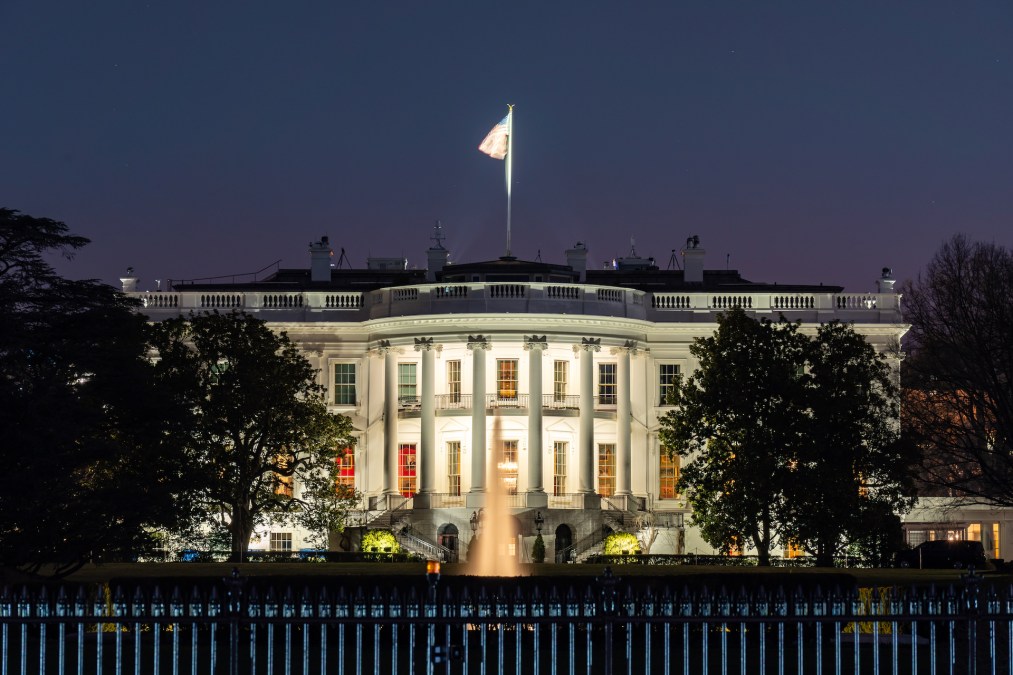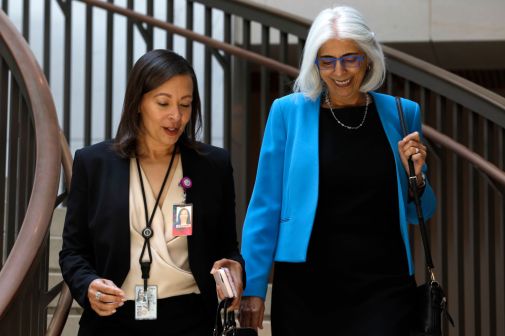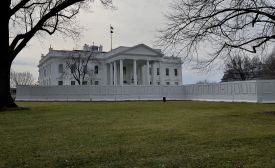GAO gives 3 priority recommendations to White House on science and tech issues

The White House’s Office of Science and Technology Policy needs to strengthen interagency collaboration around research and development to maximize performance and results, according to the Government Accountability Office.
GAO provided its first-ever priority recommendation letter to OSTP urging the office to work with agencies to establish common outcomes, joint strategies, and roles and responsibilities; address needs using their resources; and develop a way to monitor, evaluate and report results.
OSTP implements GAO’s recommendations at a faster rate than other offices — addressing 16 out of 17 recommendations across two fiscal 2017 GAO reports — but 11 recommendations remained open as of June. GAO established three open recommendations as priorities because of OSTP’s “critical role” convening agencies on National Science and Technology Council committees and subcommittees.
“This mechanism provides a valuable opportunity for agencies to coordinate on implementing an administration’s research and development priorities and to address crosscutting science and technology issues, such as scientific integrity, public access to federally funded research results, reliability of research results, supply chains for critical materials, and others,” reads GAO’s letter. “Strengthening interagency coordination in these areas could help amplify the synergistic effects of related research conducted by different agencies, avoid unnecessary overlapping or duplicative research and development efforts, and facilitate the sharing of lessons learned or coordinating actions to address science and technology issues.”
GAO recommended OSTP, as co-chair of the NSTC Subcommittee on Open Science, coordinate with other co-chairs and participating agencies to implement collaboration practices in November 2019. OSTP initially disagreed with the recommendation but as late as May provided information on its efforts to work with other agencies to increase access to federally funded research results. GAO won’t close its recommendation until OSTP shows it’s attempted to address the practices identified though.
The second priority recommendation dates back to September 2018, when GAO recommended OSTP similarly implement collaboration practices as co-chair of the NSTC Subcommittee on Quantum Information Science. OSTP agreed with the recommendation in that case and took some steps to set goals in key areas as late as May, but GAO won’t close the recommendation until it’s fully addressed.
Lastly GAO recommended OSTP take steps to assess potentially critical minerals as a co-chair of the NSTC Subcommittee on Critical Minerals in September 2016. OSTP didn’t comment at the time but later stated it saw value in analyzing more minerals and non-minerals to inform policy decisions. In May, OSTP stated it was “actively exploring” broadening its focus beyond raw mineral and mineral challenges, but GAO won’t consider its recommendation implemented until there’s a plan for federal coordination addressing the data limitations hindering assessments of potentially critical minerals using a screening process the subcommittee develops.
In all three instances, GAO advised OSTP to consider whether participating agencies agreed to a decision-enforcement process, how leadership can be sustained and if there are documented collaboration agreements in place.
OSTP hasn’t responded to the letter.






